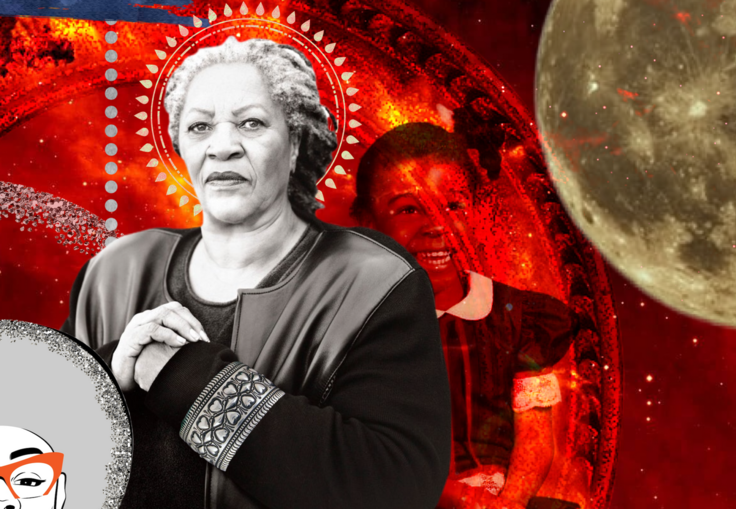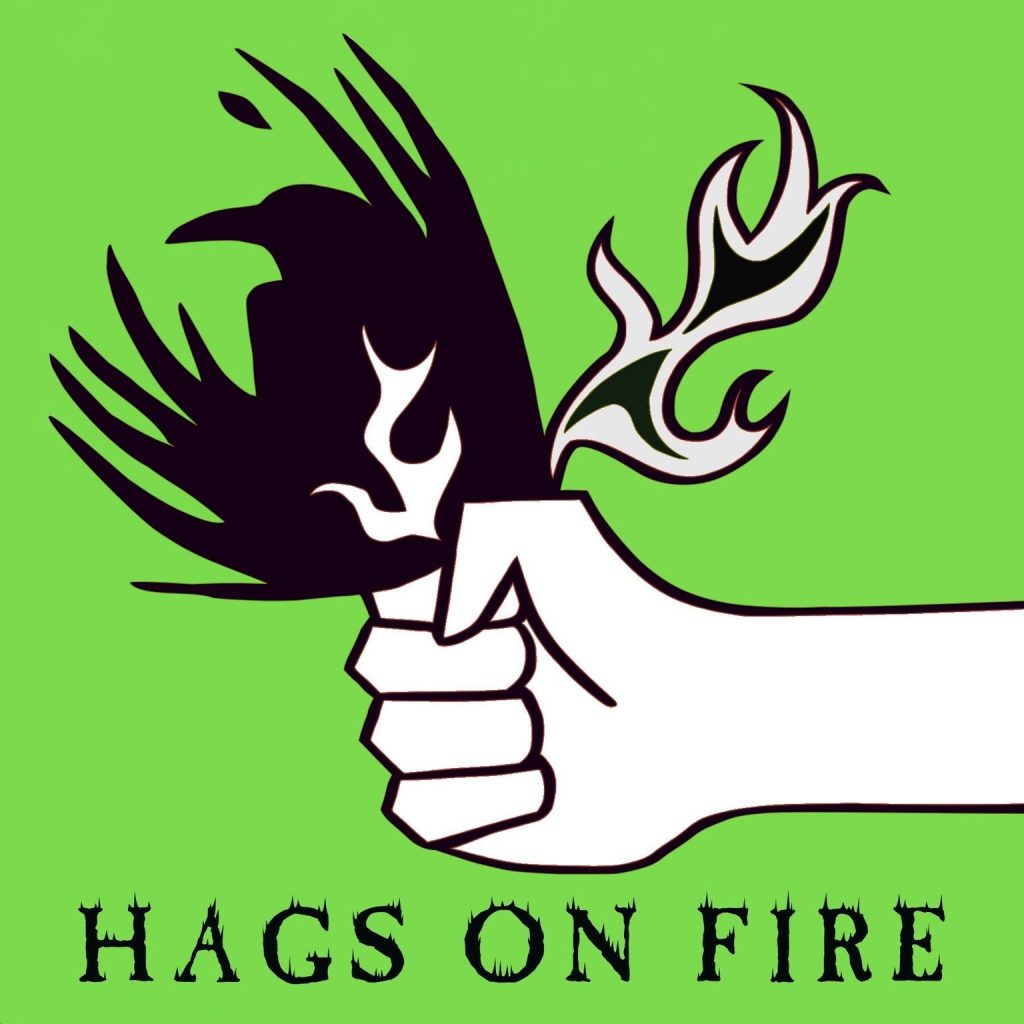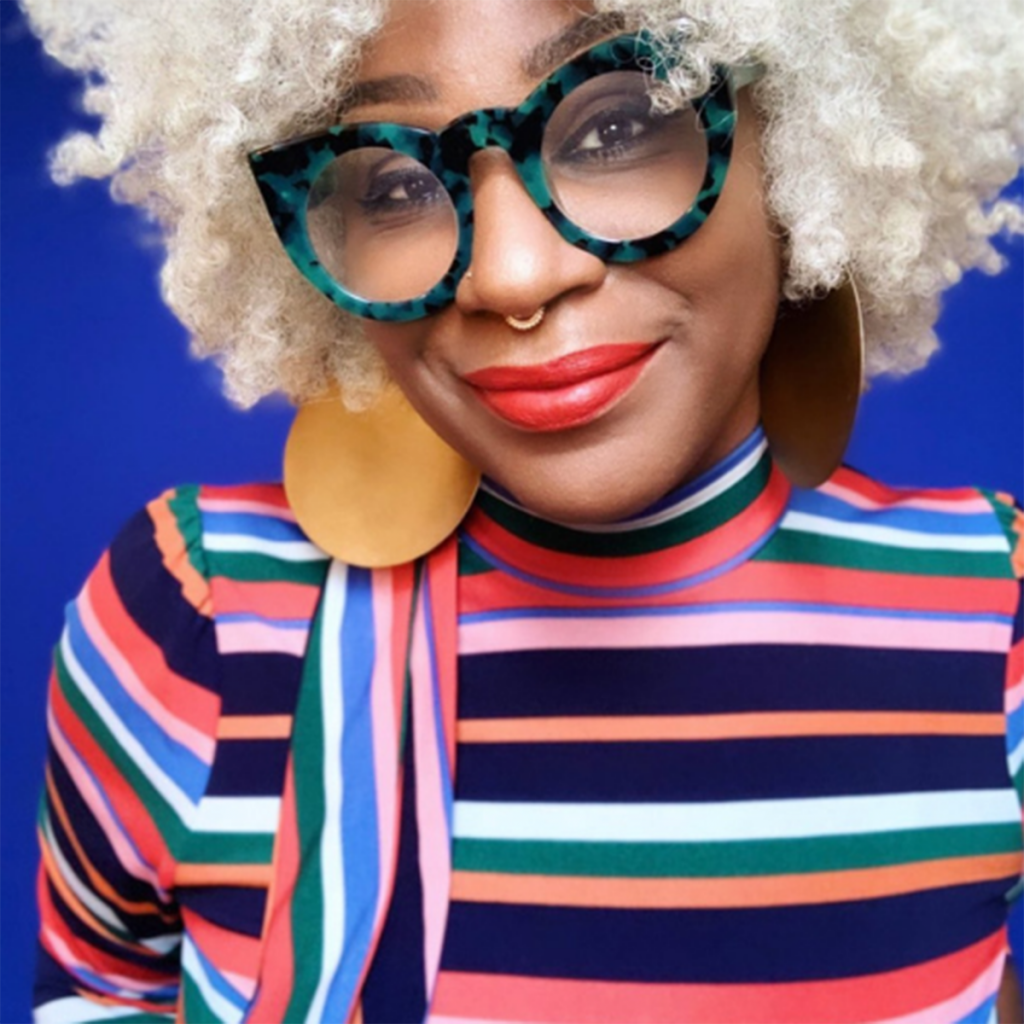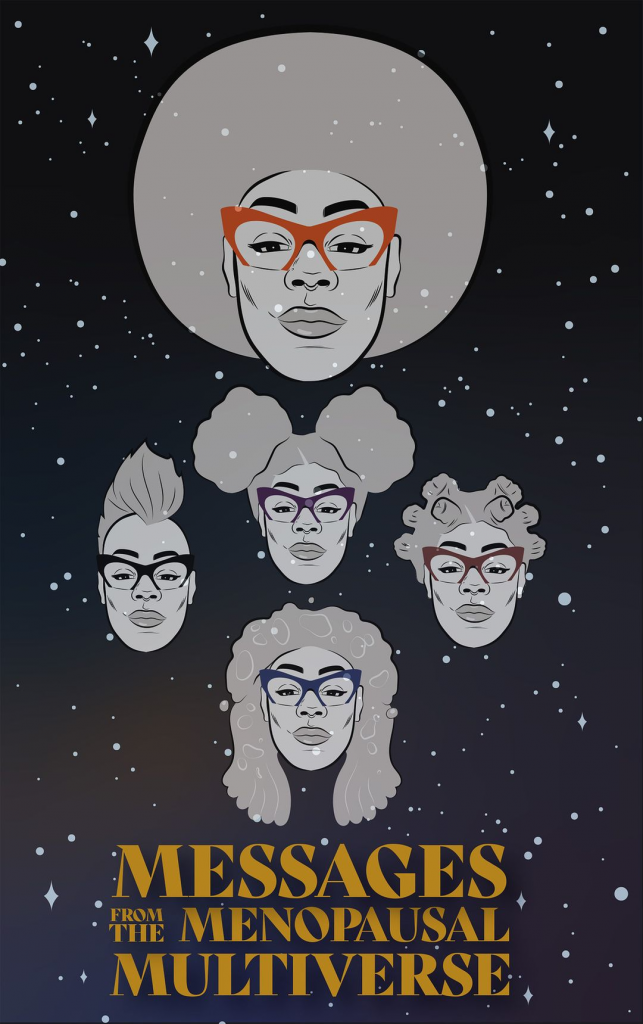
At the age of 48, I wake up after having a hysterectomy. I’m hot, trying to take my hospital gown off, and it’s as if a fire has been lit in my belly and it spreads to the top of my head to the tips of my toes.
I’d been told that I’d go into surgical menopause, but nothing I read could prepare me for the immediate jump into hot flashes, brain fog, night sweats, anxiety, panic attacks, irritability, low libido and general dizziness.
I feel alone and no one I know has gone through this.
But many people have and will continue to. If we didn’t know better, we might think loneliness is a symptom of menopause, given how often the two seem to go hand in hand. But how is it that so many of us can feel so lonely in the midst of one of nature’s most universal shapeshifting experiences?
 Hags on Fire
Hags on Fire
Most menstruators will remember being in elementary school and anticipating their first period. Some of us even longed for it, wanting to be a part of the elite club of burgeoning adulthood. The menstruators of today speak even more vocally about their experience, and with the help of period art and zines, they’re working to chip away at stigma and shame.
But what lies next for them, decades later, when they undergo another major shift, and are left wholly unprepared?
“Rage, sadness, increased libido, no libido, not sleeping, sleeping all the time — on and on,” says writer and editor Laraine Herring. “My experience hasn’t been nearly as challenging as many, but I still found myself unprepared for the emotional rollercoaster.” During the rise of pandemic in 2020, Herring was in perimenopause and was looking for stories that reflected her own experience. Finding little, she decided to start Hags On Fire — a biannual zine focused on embodied experiences of perimenopause, menopause, and croning, minus the patriarchy.
“I didn’t expect to have to close submissions early,” said Herring, after receiving an unexpectedly big response. Hags On Fire is now on its fourth issue, with each edition exploring a different theme, such as roles, expectations and invisibility. I was touched by the honesty and humour of the contributors — lines like, “The hot flash was invented to burn off the bullshit” (from Rachel Kuder’s essay Hot Thing 3.2) really hit home.
Herring hopes the zines will leave a path for young people to learn about a wide range of experiences, so that when they reach menopause, they’ll be more comfortable talking about what is happening.
“I believe that aging women are at their most powerful,” Herring writes in the first issue. “Whenever you see so much energy directed at silencing a group of people, you know there’s power there that threatens the system that has benefitted from stifling it.”
Reclaiming the Crone
“No one talks about menopause, no one talks about becoming a crone,” Omisade Burney-Scott says in the intro of her podcast, The Black Girl’s Guide to Surviving Menopause. “When I think about the stereotypes of the crone, I think about an old wrinkled-up white woman who lives isolated in the woods, and she is not nice but she is powerful.
“I want to reclaim her. I want to decolonize her from white supremacy and patriarchy.”
Burney-Scott is a Black southern social justice advocate, healer and the creator of The Black Girl’s Guide to Surviving Menopause. It’s a powerful multidimensional project born out of a desire to have conversations with Black women and gender-expansive people around how they’re navigating the change.

There are many different ways a person can enter menopause: natural, surgical, medical, as a result of hormones for gender-affirming transitions. However, most of us are unaware of the diversity of experience. Burney-Scott told me, “Because we haven’t normalized the conversation… There are a lot of assumptions around when it’s going to happen, how it’s going to happen, what you’re going to look like.” Menopause is inevitable, but in our anti-aging society, such shifts in a person’s body are treated as unsightly and better left hidden. This transition is made all the more challenging when those experiencing menopause also have to contend with misogynoir.
As a result of higher life stressors, Black American women start menopause earlier, have it for longer, and experience more severe symptoms, according to research from SWAN, as part of a 25-year-long study that began in 1996. They’re also less likely to receive medical and mental health care, says the National Academy of Medicine. The result is increased pain and a higher risk of untreated illness.
“As Black women, we have stereotypes around our worth, our value, our lovability, or desirability,” Burney-Scott says on her podcast, “and when you add aging to that, it just becomes a witch’s brew — no pun intended.”
The Black Girl’s Guide started as a podcast and turned into an intergenerational storytelling event where participants would grapple with questions around the body, pleasure, rage, grief, spirituality and love.
“Folks are very hungry for a conversation around what’s going to happen to your body as you get older, what’s happened to your body right now,” said Burney-Scott.
Just as they were about to launch their next season in Brooklyn, the pandemic hit and everything shut down. As everything went online, Burney-Scott was struck with a desire to make something physical and tangible but wasn’t sure where to begin.
“And then George Floyd was murdered.”
Burney-Scott lives in Durham, North Carolina, which she describes as having a beautiful, complex, dynamic, intergenerational and creative social justice community. As people shifted into protest and resistance mode, Burney-Scott says she knew at her age, her role wasn’t to be hitting the streets. Instead, along with holding space and supporting people from home, she decided to make an offering from the menopausal multiverse.
And so, Messages from the Menopausal Multiverse was born.
 It’s not what most people would expect from a menopause zine, full of symptoms and medical jargon. Instead, it blends magic, science and spirituality to get at the core of what wisdom menopause has to offer to us.
It’s not what most people would expect from a menopause zine, full of symptoms and medical jargon. Instead, it blends magic, science and spirituality to get at the core of what wisdom menopause has to offer to us.
With the help of friends, Burney-Scott blended her love of speculative fiction and Afrofuturism to imagine the menopausal multiverse, where Omisade Burney-Scotts of parallel universes are witnessing her experience. Anyone who’s watched a movie involving parallel universes or time travel knows you can’t make contact with yourself without risking cataclysmic outcomes. However, in Messages from the Menopausal Multiverse, the other Omisades, witnessing the pandemic, murders and strife of her timeline decide to breach the contract and make contact.
“We are your sisters from other universes of the multiverse. And we want to remind you that you actually have a lot of wisdom, a lot of menopausal wisdom to offer.”
Combing through the project’s podcast interviews the team collected affirmations for the moment the world was witnessing, and paired them with astrological and elemental themes. Unfolding through an organic and spiritual process, the result is a prescription for painful times.
“The first scene is dedicated to my mom,” said Burney-Scott. “My mother passed when I was 31. And I feel like always, she still continues to impart menopausal wisdom from the multiverse where she exists, and she’s still alive.” Cultural ancestors were also brought into the mix, such as Toni Morrison, Octavia Butler and June Jordan.
Menopause is often treated as an illness, a set of symptoms that lead to a sort of death. An end to being wanted, to being desirable and valued. That’s the myth colonialism and its ageism has taught us. But what if instead, we treated as it is. As a time of “shapeshifting from one iteration of ourselves into another,” as Burney-Scott describes. Yes, there is a painful liminal space in between — one that is deserving of mutual support and tenderness rather than disgust — that can stretch on, and from that space comes a new figure full of the wisdom of the life before.
The few menopause zine projects that are out there share a goal, to connect across space and time, across the multiverse, and leave a better path for the incoming cohort of menopausers. That way, they can feel a little less alone, and step into their power as shapeshifters.
